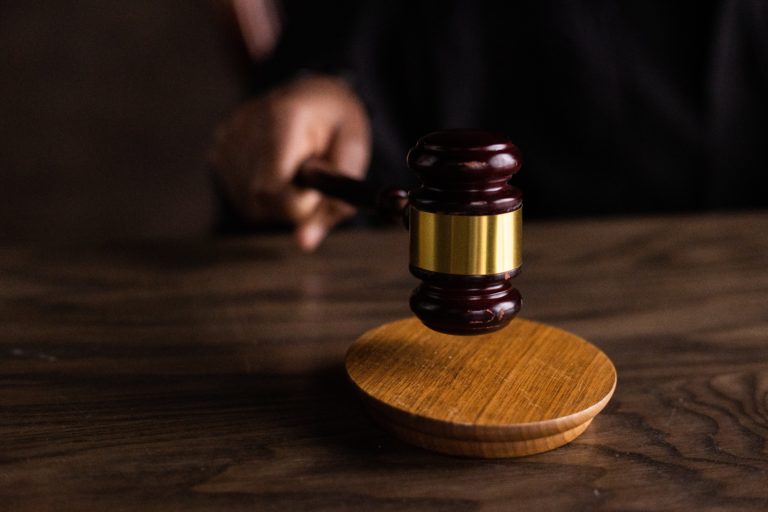When a Florida resident dies owning a bank account, the entity must receive notice of the account holder’s death. If the bank does not receive proper notice, the entity may assume that the deceased account holder is alive.
Who notifies the bank when someone dies in Florida? Read on to find out.
Who Notifies the Bank When Someone Dies in Florida? – The Essentials
Anyone can notify a bank when an account holder dies in Florida. In most cases, a family member or the person named as the executor in the decedent’s will is responsible for notifying the financial entity.
To file a notice to the bank, the individual handling the task must provide a copy of the death certificate and a proof ID. Different entities may require additional documents, such as specific court forms.
What Happens If Anyone Notifies the Bank Upon Death?
When someone who owns an account in his or her sole name dies, the account generally remains unused for a long period. Until someone notifies the bank, the entity will assume that the person is alive.
If the account remains dormant for a long period, the bank may begin the process to close the deceased’s account. The remaining funds in the account are passed to the state of Florida, considering no executor or heir notified the bank to access the account in time.
Many Florida residents often think Social Security is responsible for notifying the bank when someone dies. While it is true, the process is not straightforward.
In most cases, funeral service providers inform Social Security about a person’s death on behalf of the decedent’s loved ones. The surviving family members or an executor named in the will can also notify Social Security.
Any benefit payments issued in the decedent’s name upon death must be returned to Social Security. In such cases, Social Security will compare the date of death with the payment dates and notify the bank that the account holder has passed away.
Who Notifies the Bank When Someone Dies in Florida? – The Following Steps
After receiving proper notice of the death of an account holder, the bank immediately freezes the account – whether it is a checking, savings, or credit account. The goal is to protect the deceased’s money remaining in the account and not permit anyone to deposit or withdraw any funds.
If the account was titled solely in the decedent’s name, the asset must go through probate before the bank can close the account. During probate, the court will appoint an executor to administer the decedent’s estate.
With authority granted in court, the executor can access the bank account, transfer the remaining funds to another account, and proceed to close the account.
Joint bank accounts with rights of survivorship and bank accounts with designated beneficiaries do not need to go through probate.
For example, an account with transfer-on-death (TOD) or payable-on-death (POD) beneficiaries allows the designated individuals can access the funds in the account without court intervention.
Handling a Deceased’s Bank Account – Immediately Contact Your Florida Probate Lawyer
Avoid costly mistakes – consult with Attorneys Romy B. Jurado and Diana C. Collazos by calling (305) 921-0976 or emailing [email protected] for expert legal guidance.






